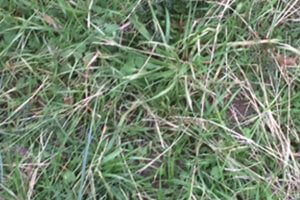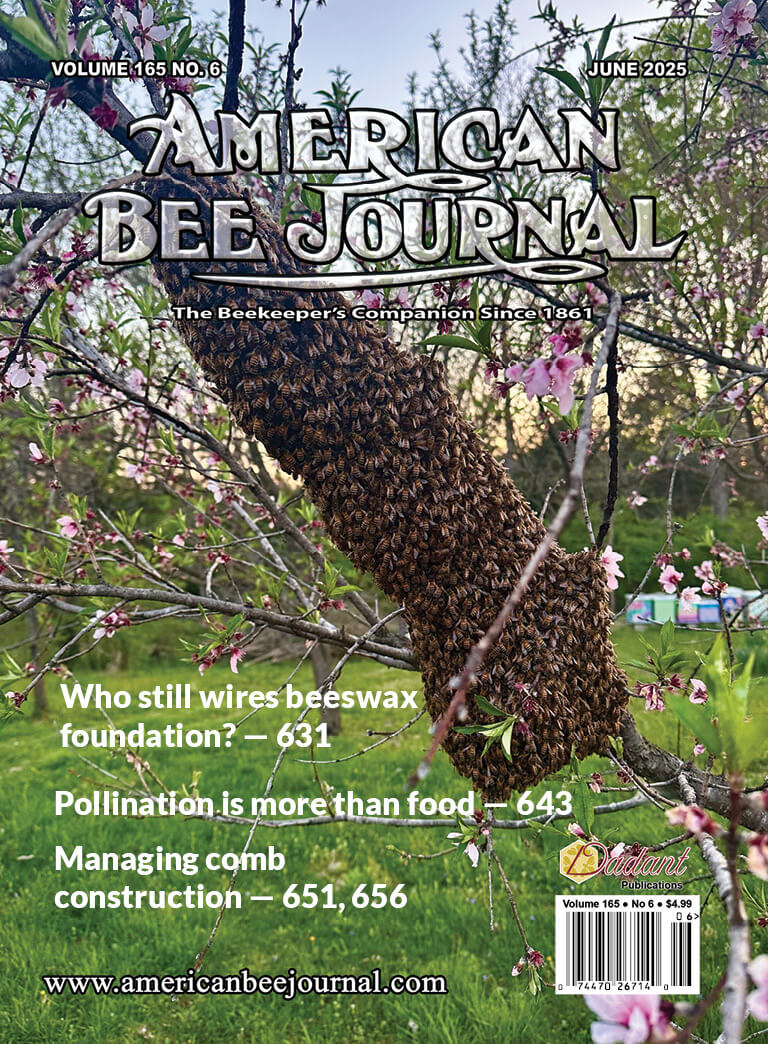
In this article is a proposal. I am not a proponent of big government. It is obvious the bigger the government intervention, the less efficient the country’s production. I am not referring to the United States, but any nation. You show me a communist or socialist country and the people there are inevitably poor. Compare North Korea to South Korea, the difference is stark. Communist North Korea has a dictator, which seems inevitable when the government owns everything, and all the people are in poverty. South Korea with a free market economy is thriving, even through a worldwide great recession. This leads into what can and should be the government role in society? How about public works that private individuals cannot profitably produce, but we can all fund through taxes for the good of us all?
Roads, we need to all chip in to build them, maintain them or pay those in the private sector to do it for the good of us all. They facilitate travel, shipment of products, and commerce. Roads have been important ever since human populations began agriculture and ranching from 20 – 30 thousand years ago.
What does this have to do with beekeeping? Recently our state, as many others have done, began a herbicide program to eliminate noxious weeds along our roadways. The product used was the herbicide 2-4D. That was the obvious choice because it is inexpensive older chemistry. It will and does kill most dicotyledonous plants. Glyphosate (Round-Up) has been used to kill Johnson grass along the roadways for many years. It is not highly volatile and does not kill plants that are not directly hit with the herbicide. The difference is that 2-4D is volatile. It will get up after being sprayed and walk to other targets. It not only wipes out unwanted musk thistle, but also kills the clovers, vetch, and milkweeds.
When the broadleaf weeds are wiped out along our roadways, it takes food directly out of the mouths of honey bees all over the world. We have so much interest in the declining numbers of honey bee colonies. One of the factors in honey bee numbers decline is food sources. Herbicides wipe out many plants in and around the borders of our crop fields. Weed control is much needed for agriculture. We cannot produce food at the current rate without weed control. Herbicides are the most efficient way to control weeds. The problem is bees need broadleaf plants, many of which are considered to be weeds, in order to make a living. Many farmers will leave the annual broadleaf weeds along field boarders if asked to do so. They understand the need for bees and pollination. Many crops cannot pollinate without honey bees. Wild solitary bees are good, but are no substitute for colonies of bees kept by beekeepers. Neither are honey bees a substitute for wild bees, they often do not work the same plants. We are recognizing that we as people need all the bees we can get.
As state highway departments attempt to control roadside weeds, we lose millions of miles of bee forage. Why do we need to control weeds along the highways as long as they do not present a driver visibility danger? Why do we not want to see pretty wildflowers along the roadways instead of an endless sea of grass? In many places the government is getting smart. State and county highway departments contract with a farmers to mow and bail the roadsides for hay. That hay would be much more attractive if it contained legumes like vetch to improve livestock feed value and feed our honey bees. The obvious solution is to provide plant bee-friendly herbaceous plants along the nation’s highways and roadways. These plants compete with noxious weeds. Perennial plants would be a near permanent helpful solution to food for bees and domestic mammals like cows and sheep. This idea makes sense economically, environmentally and politically. This is one thing the governments at every level can do to help honey bees and honey bee culture throughout the country.
There is an initial cost. Seed cost is the biggest concern. Many farmers would like to have a contract to plant bee-friendly plants along the roadways as part of the maintenance. Many ranchers would want to cut the roadsides for hay. For the sake of our bees, the contract would need to.…


